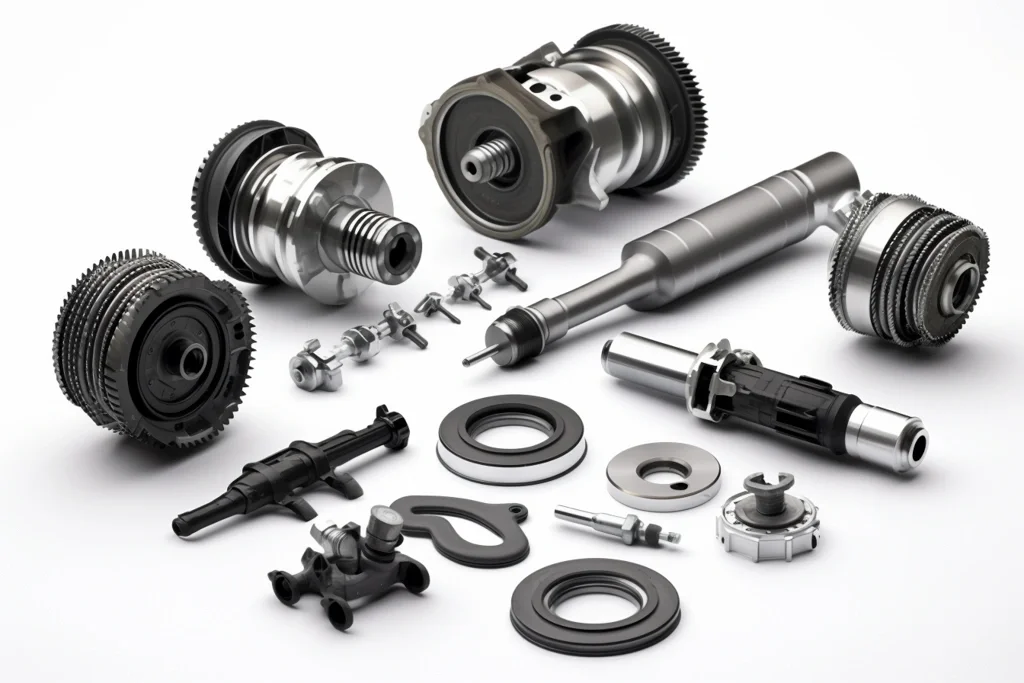Silicone plays a pivotal role in the automotive industry, offering a range of benefits that improve vehicle performance, durability, and comfort. As the industry continues to evolve, Henry Precision has emerged as a player in silicone manufacturing, providing innovative solutions that address the specific needs of modern vehicles.
The Benefits of Silicone in Automotive Design
One of the key advantages of silicone for automotive applications is its remarkable chemical resistance. Silicone can withstand the harsh environments that vehicles are exposed to, including extreme temperatures, moisture, and fuel. This durability ensures that automotive parts remain functional for longer periods, even in challenging conditions.
Additionally, silicone’s lightweight nature significantly contributes to the overall performance of vehicles. Reduced weight in parts such as seals and gaskets can drive to improved fuel efficiency and lower emissions, a crucial factor for today’s eco-conscious automotive market.
Silicone is also renowned for its ability to reduce noise. Automotive manufacturers are increasingly turning to silicone for its advanced noise-dampening properties. Silicone seals and components help minimize vibrations and absorb sound, providing a quieter, more comfortable ride for drivers and passengers.
Henry Precision’s Role in Advancing Silicone Technology
Henry Precision has become a key player in the automotive silicone industry, pushing the boundaries of what’s possible with innovative silicone products. One of their standout offerings is Liquid Silicone Rubber (LSR) car parts, which are engineered to meet the strictest demands of the automotive sector.
With years of experience in silicone manufacturing, Henry Precision delivers solutions that support modern vehicles, including autonomous and electric cars. Their precision-engineered silicone parts offer enhanced performance, durability, and reliability, helping automakers meet the ever-growing challenges of vehicle design.
Future Trends in Automotive Silicone Solutions
As the automotive industry looks toward the future, the demand for advanced silicone solutions continues to grow, particularly in the development of autonomous vehicles. The increasing complexity of vehicle systems will require silicone materials that can withstand higher stress and operate more efficiently.
Henry Precision is already developing next-generation silicone solutions for vehicles, focusing on enhanced sealing technologies and smarter noise reduction features. These innovations in silicone for vehicles are set to play a crucial role in the next phase of automotive development, improving performance and functionality.
Conclusion
In the automotive industry, silicone has proven itself to be an indispensable material, offering unmatched durability, lightweight design, and sound-dampening capabilities. Henry Precision’s commitment to excellence in silicone manufacturing ensures that the industry will continue to benefit from innovative, high-performance solutions. As the automotive sector evolves, so too will the role of silicone in shaping the future of vehicle technology.
